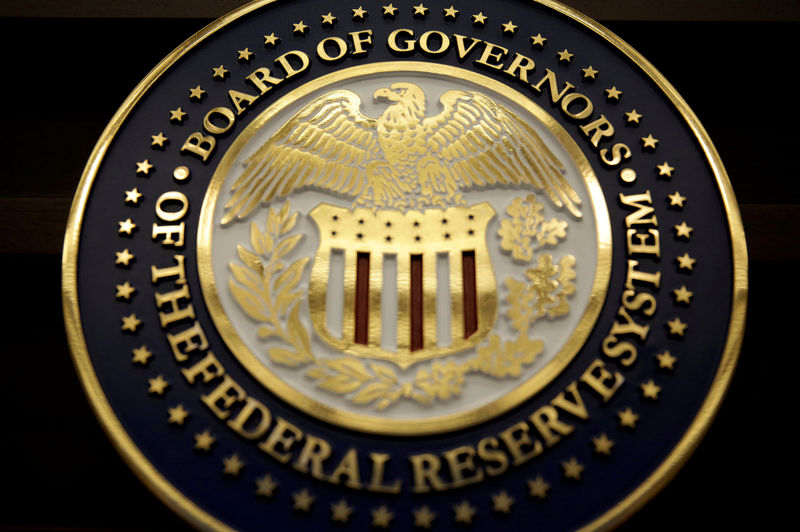Street Calls of the Week
(Bloomberg) -- Richard Clarida, an international monetary economist and Pacific Investment Management Co. global strategic adviser, is the front-runner for the nomination to be the Federal Reserve vice chairman, said a person familiar with deliberations.
Clarida has been interviewed by White House officials for the opening, the person said, which has been vacant since Stanley Fischer stepped down in October.
There are currently four open vacancies on the seven-seat Fed board in Washington, giving President Donald Trump the opportunity to continue reshaping the leadership of the U.S. central bank. Trump has already picked Jerome Powell to be Fed chairman and Randal Quarles to be in charge of bank supervision.
Other people whom the White House has considered for the No. 2 position include Cleveland President Loretta Mester, San Francisco Fed President John Williams and Mohamed El-Erian, chief economic adviser at Allianz. Clarida’s emergence as front runner was earlier reported by Reuters.
The vice chairman plays a critical support role for the central bank’s leader, and often heads special projects at the request of the chair. Along with the president of the New York Fed, who acts as the central bank’s eyes and ears on Wall Street, the deputy typically forms a key voting bloc with the chairman on both policy and strategy. The New York Fed is also searching for a successor to its chief, William Dudley, who plans to step down this year.
Treasury Experience
If selected, the 60-year-old Clarida would bring a mix of skills to the job as the central bank’s number two, from knowledge of financial markets gained during his 11 years at asset manager Pimco to insights into how Washington works from his time at the Treasury Department under President George W. Bush. Any nomination would be subject to Senate confirmation.
In a blog post on Jan. 31, after the Fed signaled further gradual rate increases this year, Clarida said “the Fed today reinforced the case for a hike in March and two more later this year.”
Since 2014, Clarida has led Pimco’s annual secular forum that brings in former policy makers and other high-powered outsiders to help the Newport Beach, California-based firm decide how to manage its $1.75 trillion in assets.
He was an early progenitor of the so-called “new neutral” concept championed by Pimco that argues that equilibrium global interest rates -- ones that neither spur nor stifle economic growth -- are significantly lower than they were in the past.
In a Dec. 13 Bloomberg Television interview, he reckoned that rate in the U.S. is now closer to 2 percent than to 3 percent. Fed policy makers, in contrast, peg the neutral rate at 2.8 percent, according to the median projection of officials in December.
